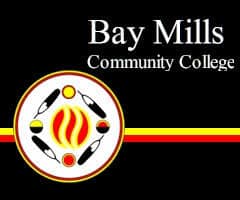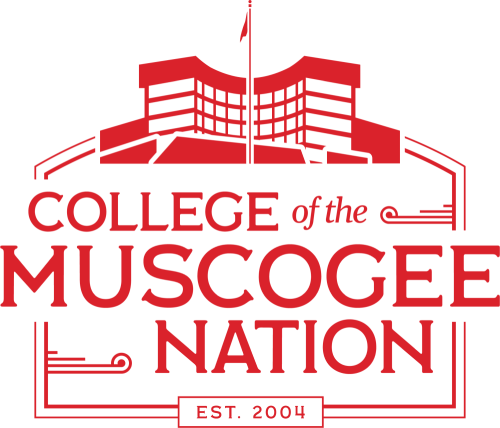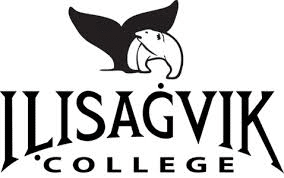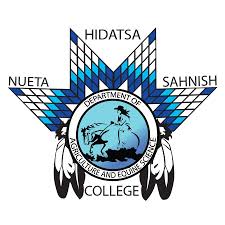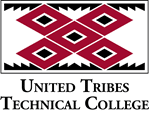Tribal Colleges and Universities (TCUs) are unique in the higher education system: In addition to providing quality education, they carry strong cultural and nation-building mandates from the sovereign Tribes that charter them.
“Our focus is emphasizing Native culture, values, language, and self-determination,” says Dr. Monte Randall, president of the College of the Muscogee Nation and member of ATD’s board of directors. Most TCUs have similar missions rooted in culture, care, and community.
Achieving the Dream has been proud to work with 33 TCUs for seven years, supporting these institutions’ efforts to build data capacity and implement evidence-based reforms. Alongside two key partners, the American Indian Higher Education Consortium (AIHEC) and the American Indian College Fund, ATD has played a role in TCUs’ collective progress and benefited from the valuable insights and leadership they bring to the ATD Network.

Photo courtesy of Nueta Hidatsa Sahnish College
Strong data foundations
While two TCUs had been part of the ATD Network since 2013 — Diné College in Arizona (Navajo Nation) and Salish Kootenai in Montana (Flathead Reservation) — most joined in 2017 through Project Success, an initiative administered by Ascendium Education Group on behalf of the U.S. Department of Education. The project’s goal was to build cross-campus data capacity and implement evidence-based reforms at these institutions, some of which were newly accredited and growing quickly.
“I think when we started, we may have been one year past that initial accreditation. So still a very young institution,” says Dr. Randall. Early on, the College of the Muscogee Nation (CMN) prioritized a redesign of its developmental courses, but data-based decision-making “has always been the foundation for it all,” he says.
Robert “BJ” Rainbow, vice president of academics at Nueta Hidatsa Sahnish College (NHSC) in North Dakota, recalls an early session with ATD coaches where his team was asked, “Do you know your students?” While leaders may have assumed it was easy to know their students on a small campus of about 200, the core team has continually used data to understand — and meet — students’ needs on a more comprehensive level.
Iḷisaġvik College, America’s northernmost institute of higher education and Alaska’s only Tribal College, was the last TCU to join the Network through Project Success. President Justina Wilhelm recalls their first meeting with ATD coaches: “We learned we have a lot of great data that we collect, but after we gather the data, what are we doing with it?” Since that first meeting, Iḷisaġvik has significantly built its data capacity, developing a “data dictionary” and robust communications processes. With grant support, the college has also hired an institutional research coordinator, a dedicated role that Wilhelm said “has been a breath of fresh air.”
United Tribes Technical College (UTTC) in North Dakota has experienced “a considerable level of success with data management the past 6–7 years,” says Dr. Lisa Azure, vice president of academic affairs, particularly with the development of its institutional research office. The exchange of ideas between ATD data coaches and UTTC leaders “resulted in UTTC having a highly effective IR office that has poised us for limitless opportunities in the future,” she says.
Supporting Native American Students with Holistic Student Supports Project
While data capacity remains a priority among ATD Network TCUs, many institutions’ work has expanded to other key service areas. From 2019 to 2022, six colleges participated in the Supporting Native American Students with Holistic Student Supports (SNASHSS) Project. With support from ATD coaches, participating colleges developed a community of practice and worked together to redesign student services and expand cultures of care for their students.
A culminating workshop was held at Nueta Hidatsa Sahnish College in spring of 2022 — the first ATD event ever hosted at a Tribal College — and the cohort’s success stories and lessons learned informed a new Holistic Student Support Redesign Toolkit specifically tailored to TCUs.
Building on the success of the first cohort, a second group of TCUs began their holistic student supports redesign work in late 2022, and the work is branching out into more service areas: six colleges participated in a customized 2022–2023 seminar series focused on teaching and learning practices.
Tribal College and University Holistic Student Support Redesign
This toolkit provides evidence-based, practitioner-tested tools, tips, and guides to aid TCUs in their planning and execution of a more personal, seamless, and comprehensive support experience that fully equips students to learn and to succeed in achieving their goals. It charts a deep dive into the essential elements that are relevant for all colleges to consider and use.
Learn MoreConnection and leadership
TCUs have also played an important role in ATD’s national events, presenting at regular summits and participating in a TCU-specific track of programming at DREAM, ATD’s annual conference. DREAM 2024 marked the eighth year that Tribal Colleges have attended. This year, TCUs shared insights with the Network on topics from peer mentor programs to transfer pathways.
“I have found the national gatherings to be amazing resources for me,” says Hal Haynes, dean of students at Iḷisaġvik College. In his experience, the generative aspect of networking and mutual learning “translates into programs that support student success.”
As TCUs in the Network continue to build on their success, their efforts are gaining recognition. As of 2024, six Tribal Colleges have earned Leader College designation. To earn this distinction, colleges must provide four years of data showing upward trends in at least two metrics and demonstrate the narrowing of equity gaps on campus.
 TCU Leader Colleges
TCU Leader Colleges
And in 2024, Fond du Lac Tribal and Community College became the first TCU to earn the prestigious Leah Meyer Austin Award, ATD’s highest distinction. Read the case study
2024 Leah Meyer Austin Award
Fond du Lac Tribal and Community College
(FDLTCC) is a college unlike any other. Serving just under 2,000 students with its on-campus and dual enrollment programming, FDLTCC is a unique institution that originated through the efforts of the Fond du Lac Band of Lake Superior Chippewa.
Home to a “union of cultures,” the college has taken a targeted approach to supporting all students and has established a strong record of success.
Learn MoreCommunity at the center
While data has played a key role in building — and demonstrating — Tribal Colleges’ impact, TCU leaders may understand better than anyone that the numbers are only part of the story. Campus culture, student well-being, and community connectedness are critical to Tribal Colleges’ missions.
“TCUs recognize that a student’s environment plays a crucial role in their success,” says Dr. Azure at UTTC. When institutional leaders understand the cultural context of the community they serve, “this sense of belonging and identity is transmitted to the students. As a result, students perceive their role and place within the community more clearly which results in an empowering educational experience.”
BJ Rainbow of NHSC, who attended a predominantly white institution for his own postsecondary studies, says he often tells his students, “I’m so jealous of you guys because you got to attend a Tribal College.” He believes a majority of students at NHSC “don’t see themselves as numbers.”
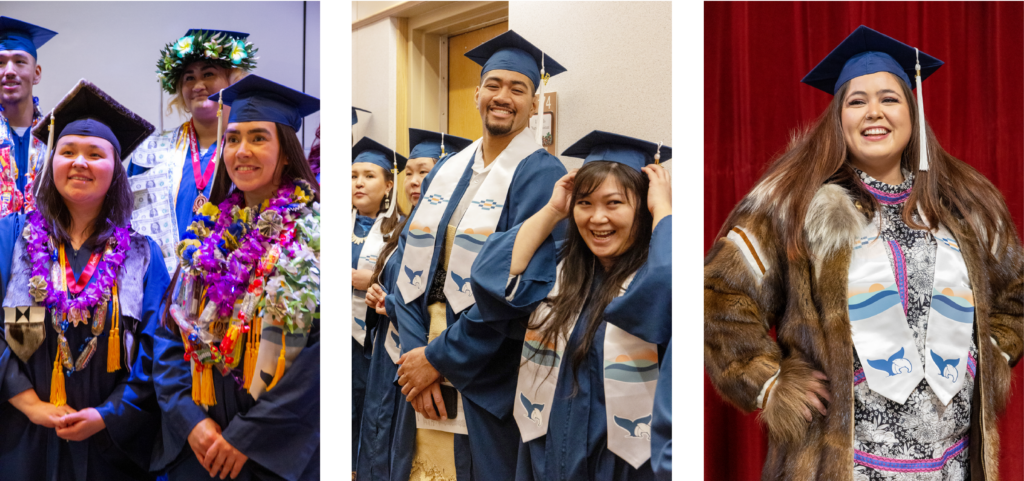
Photos courtesy of Iḷisaġvik College
President Wilhelm of Iḷisaġvik College says it’s important for the college to understand students not just as they appear in the classroom, but as members of a deeply connected community. Her advice to leaders of non-Tribal institutions would be “to think holistically — not just [about] the student but their supports, their extended family, their community in the larger picture.”
In small, rural settings, colleges’ impact on their communities can often be felt in tangible ways. College of the Muscogee Nation was established only 20 years ago, but Dr. Randall sees evidence of student success in his interactions with alumni.
“I work with the executive branch [of the Tribal nation] very closely,” he says. “Whenever we go over there and engage with these offices, oftentimes we’re meeting with CMN alumni who are either the frontline workers or managers and directors. We’re seeing our graduates serve in these key positions.”
As TCUs in the ATD Network continue building on shared knowledge and success, examples like this don’t just illustrate the unique role Tribal Colleges play within their communities, but they also show the transformative impacts that all ATD Network colleges can generate when students and communities are at the center of their work.

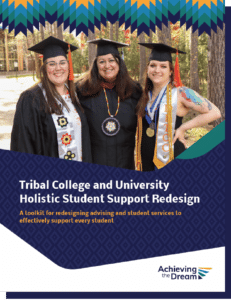
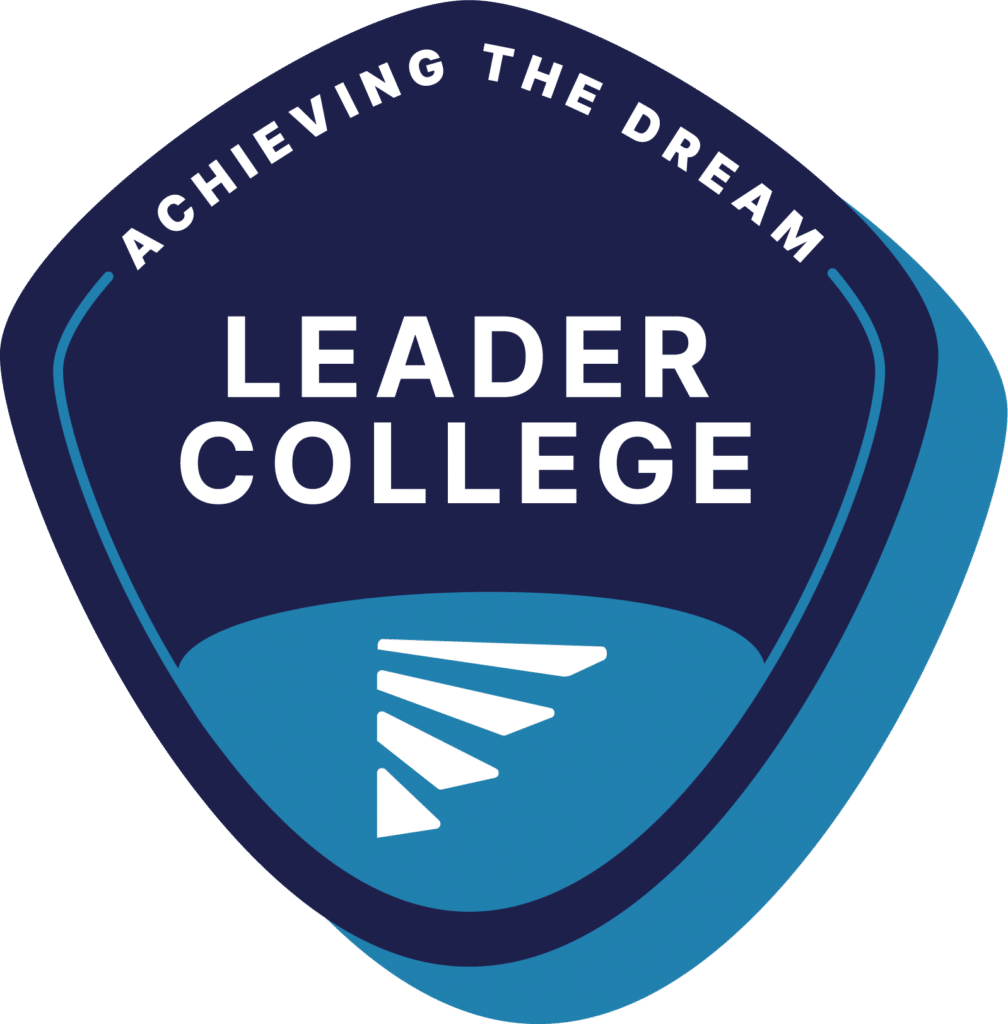 TCU Leader Colleges
TCU Leader Colleges